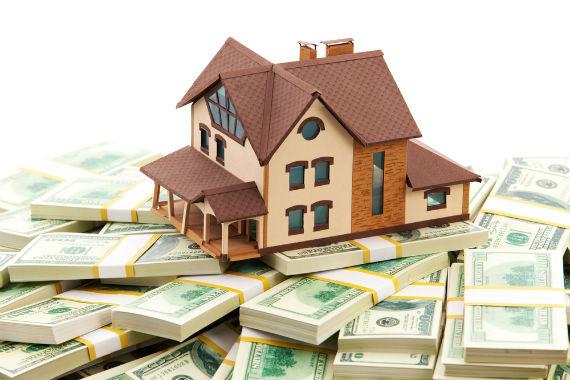What Is the Best Use of Real Estate Investment Property?
The 2019 economy is booming, but the money is not making its way to the working class yet. With housing prices on the rise and workers’ income stagnant, the nation remains that of renters. Housing rents have, therefore, been growing tremendously, and the trend presents an opportunity for those willing to put their money into the real estate sector.
Investors can capitalize on this opportunity and invest in real estate properties in the following ways:
- Long-term Rentals
- Airbnb Rentals
- Fix and Flip
Given the current market, where inventory is low and prices have steadily risen, what type of property makes the best investment? Here's a break-down of each of the above for those willing to dive into real estate investing.
Long-term Rentals Putting money in rental properties has always been a popular option for most real estate investors. A long-term rental is leased or rented out for long term use. The owner receives monthly rental income. When deciding to rent out a property for long-term use owners have to weigh expenses such as maintenance, insurance, taxes and property usage against revenue.
- Pros The number one advantage of a long-term rental is the constant revenue stream received each month the property is occupied. The revenue stream can act as long-term financial security. The other financial benefit is the exemption from self-employment tax, which is a big tax break.There's also the advantage of the occupant being the one to take care of monthly utility costs.
- Cons The big con with long-term rentals is the lack of flexibility as the owner can't make any decisions about the property if it is occupied.There are monthly management tasks and the occasional repair that the owner must handle or hire a property manager to take care of.
Fix and Flip With a fix-and-flip strategy, the investor secures a loan (or pays cash) then snaps up those troubled properties and puts them up for sale or rent after some renovation.
- Pros Securing hard money loans for such turn-key strategies is easy as lenders care mostly about the profitability of the venture and not the borrower's credit status. A fix-and-flip strategy leads to increased experience and insights into the housing market and has the potential for a quick profit.
- Cons The cons of a fix-and-flip strategy mainly come from the stress that comes with trying to get the right property to flip, selling difficulties and unanticipated expenses, which can result in a flop instead.
Airbnb Rentals Airbnb is a real estate investment strategy suitable for short-term rentals. If you have an extra space in your home or you own investment property, you can put it out for rent at the Airbnb marketplace.
- Pros There's much flexibility with Airbnb as the owner can put the property to other uses if the season is low. As an Airbnb host, you also have the freedom to set the price to what's profitable for you and there're no expenses to pay to list your property on the site. If your property is in a highly desirable location, Airbnb can be very profitable. Additionally, there's the one-million-dollarinsurance cover that takes care of damages due to guest activities.
- Cons While the insurance program above is intended to cover repairs as a result of guest damage, it may not cover all damages and the host could be left reeling in financial mayhem. There's also the 3% charge for every reservation that makes a dent in the host's income even if a listing is free.
Conclusion
Each of the three property uses discussed in this article can be a winning strategy for real estate investors. There is no one best strategy. Each investor should weigh the pros and cons for each property before deciding which path to take.

